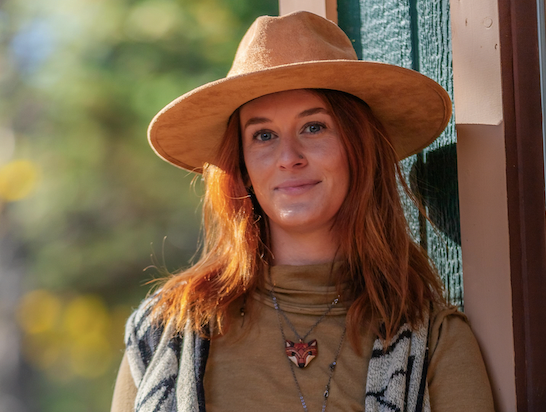What is animal-assisted psychotherapy? Is it right for me?
Have you seen heartwarming stories about the benefits of animals in a hospital setting or among troubled teens? The interaction and attention involved in human-animal bonding can do wonders in a whole host of situations. Thus, it's important to explore in detail how animal-assisted therapy (AAT) supports mental healthcare. It could be an approach that resonates with you and your situation.
What’s the general concept behind AAT? Emotional recovery and positive psychological transformation happen more readily and naturally as a bond develops between a hurting person and a therapy animal.
Caring for, attending to, and interacting with animals inspires a desire to nurture and receive love and attention that is usually positive and rarely charged with the suspicion or trust issues connected to human relationships. The ability to start therapy with animal interaction can lead to a more positive response to therapy in general.
Mia Our Therapy Dog
Are there other ways animal-assisted therapies can help?
Definitely. Animal-assisted psychotherapy supports considerable psychological and physiological healing. If you take advantage of AAT, you are likely to experience benefits that include the following:
Lowered stress levels
An increase in endorphins
Lowered heart rate or blood pressure
Rising self-esteem
Elevated patience
Improved social interaction
Sense of empowerment
Improved trust and communication
Less anger or fewer incidences of aggression
A reduced tendency toward self-harm and hostility
All in all, animals soothe us. Their place in nature, their innate curiosity, and their willing loyalty draw us in and make us feel wanted and safe to engage. Therefore, a boost in mood and a decline in anxiety occur.
The animals benefit too.
If you're concerned about the health or condition of animals that participate in AAT, please put your mind at ease. Animal-assisted therapy proves to be a mutually positive experience for humans and animals alike. Everybody, two-legged or four, thrives on healthy touch, affection, and attention.
What Animal-Assisted Therapy Is and Isn't
So, to be clear, ATT is:
a therapy that could have a connection to mind-body therapies that promote relaxation and stress reduction
an active, non-threatening way to repeatedly practice bonding.
a source of comfort and acceptance that requires little verbal explanation or approval.
a form of therapy that involves a mental health professional, an appropriately trained animal, and specific treatment goals developed by you and your therapist.
However, ATT is not:
Any or all animal-assisted activities.
Simply owning a therapy or companion animal.
Not constrained by animal type. Therapists near the water may include fish, manta rays, turtles, and dolphins. Others might choose to include birds, mice, or hamsters.
Is AAT right for me?
Barring allergies, trauma, and a dislike of animals, it's definitely worth considering.
People of any age benefit.
Verbal or not, young children often experience improved interpersonal and bonding skills. Relief from physical and emotional discomfort is common.
Teens respond to a sense of acceptance, responsibility, and affection.
AAT's elderly participants also benefit from contact with animals. Particularly if they are unable to care for pets on their own. In addition, animals invoke happy memories and lessen feelings of loneliness.
All ages respond to AAT with an increase in patience, empathy, morale, purpose, and responsibility. Caring for an animal can fuel the rewarding connection that comes with caring.
Various lifestyles are accommodated.
Working with your therapist, you can explore an AAT that meets your needs. Whether you meet at home in a therapist's office, at a hospital, or elsewhere, there are therapeutic benefits.
It may not be the right time for AAT if
You have an animal-related phobia or traumatic experience.
You feel too overwhelmed to shoulder any additional responsibility.
Your energy level is too low to accept the level of interaction.
You aren't sure how you feel about animals, or you've never had exposure to them. First, a slower start at an animal shelter may be a better idea.
Take the next step.
For the most part, if you feel taken advantage of, unseen, ashamed, or generally stuck, AAT can help open the door to healing. Animals provide nonjudgmental and unconditional attention to the mind and heart. This holds true across the board for all demographics, regardless of your struggles or their severity.
To find out more about our services and to schedule a free consultation if you're prepared to explore animal-assisted therapy, please get in touch with us. Providing counseling in Boulder, Longmont, and Denver, as well as online.












